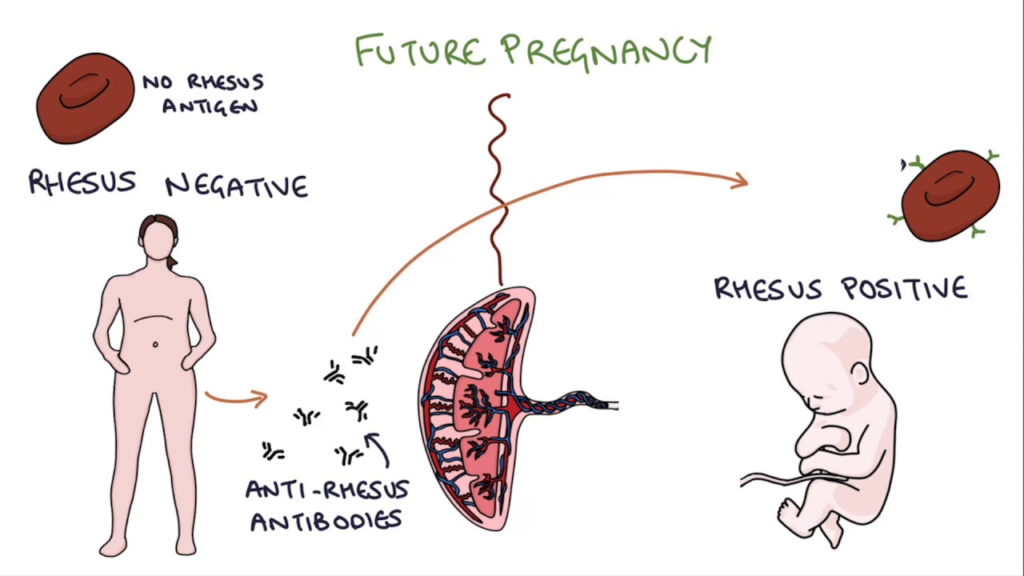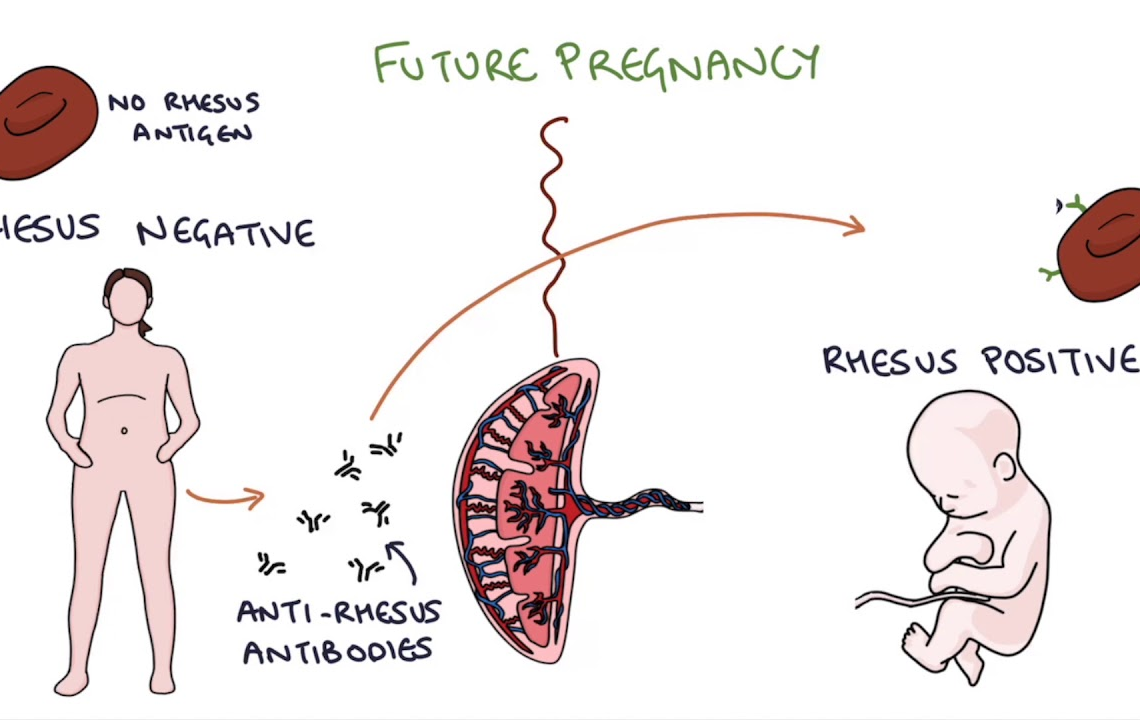What do you know about the Rh factor?
The term “Rh factor” means “Rhesus factor.” In biology, it is said as a group of antigens, which exists in the red blood cells (RBC) of human beings.
What is the Rh factor?
The term “Rh factor” means “Rhesus factor.” In biology, it is said as a group of antigens, which exists in the red blood cells (RBC) of human beings. According to the Offline Dictionary of English, the Rh factor is “an antigen occupying the red blood cells of many humans (around 85 percent) and some other primates.”
“The designation Rh is derived from the use of the blood of rhesus monkeys in the basic test for determining the presence of the Rh antigen in human blood” is the version of Britannica.com.
When was the Rh factor discovered?
The Rhesus factor was discovered in 1937 by Karl Landsteiner of Australia and Alexander Wiener, who used the blood of the monkey (Macacus rhesus) to immunize rabbits and guinea pigs to define new antibody specificities and subsequently, in 1940 it was further consolidated by the series of experiments made by Philip Levine and Rufus Stetson.
After a series of blood injections of rhesus monkeys to rabbits, their serum clumped the red cells of monkeys. During the research, it was also seen that the Rh factor in human blood involves a reaction with the blood of rhesus monkeys. In fact, it refers to the presence or absence of substances or factors in the red blood cells of the blood.

Since the discovery of the Rh antigen, a number of antigens, (about 50 in number) have been identified in the Rh group, out of which D, C, c, E, and e antigens are the most important. It is pertinent to mention that important antigen D was discovered during the trial itself.
The term Rh factor such as Rh+ and Rh- refers to RhD antigen only. More than 85% of people have RhD antigen, known as Rh positive. However, the rest percentage of the people inherit blood having no Rhesus factor and they are referred to as people of Rh- (Rh negative).
The Rh antigen always poses danger to Rh-negative people. If by mistake Rh positive blood is transfused into Rh-system, then the immune system, responds to the foreign Rh antigen (D-factor)by producing anti-Rh antibodies, which may destroy the donated cells.
The reaction may be minimal in the first transfusion but if it repeats, the antibodies formed in the body will attack the foreign RBC, causing them to clump together or agglutinate. The end result is hemolysis or the destruction of red blood cells, causing serious illness of the receiver and even death in instance cases, if not treated properly.
Who gets the Rh Factor test?
Every pregnant woman must go for an Rh factor test as per the advice of the gynecologist. If the Rh test comes Rh negative, she has to follow another test referred to as “an antibody screen”, to ascertain whether the RBC antibodies developed or not. If the test declares the foetus is Rh positive, the Rh negative mother, is to take precautionary measures to avoid, “hemolytic disease“ of the baby.

Rh factor in pregnancy:
Rh factor plays a very crucial role during pregnancy. If both the parents are Rh negative, then the child will definitely be Rh negative. However father is Rh+ and the mother is Rh-, this situation is called incompatible parents. In this case, the child may be either Rh+ or Rh-depending on the specific genotypes. The first child of incompatible parents usually has no health issues, but during delivery, some of the Rh-positive blood may enter the mother’s bloodstream.
The mother’s immune system will produce antibodies against the foreign antigen (baby’s blood). In a subsequent pregnancy, the mother’s antibodies may attack the RBC of the foetus, and the condition brought about by the Rh incompatibility is known as hemolytic disease of the neonate, and the end result may be stillborn or the baby may die at birth due to heart failure or a brain disorder or jaundice.

The above disease or condition can be avoided by vaccinating with Rh immunoglobulin, developed from an anti-Rh antibody. The vaccination must be administered to the mother within 24 hours of the birth of the Rh+ child.
The vaccine destroys the Rh-positive red blood cells of the baby received by the mother before her immune system develops antibodies against the foreign elements. The vaccine is now being given to expecting Rh mothers, as preventive measures to avoid any future complications.
Conclusion:
Rh factor is definitely a big factor for incompatible parents. Due to caution and medication should be taken during pregnancy and the post-delivery period. Administration of immunoglobulin vaccine during pregnancy can save the valuable life of Rh+ babies of incompatible parents.




4 Comments
Such a good compilation of work. This topic is really important and conveys many valuable information. Blood group plays a very important role in our daily life 🧬✨✨✨✨✨✨✨✨✨✨
Thank you mam
Informative article
Thank you